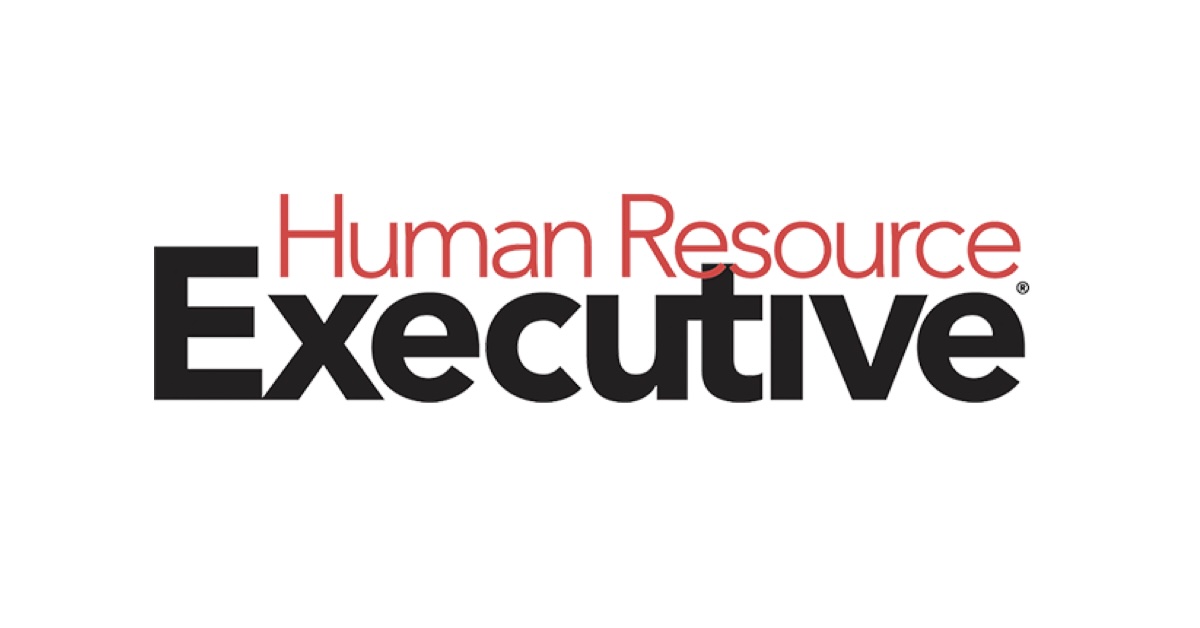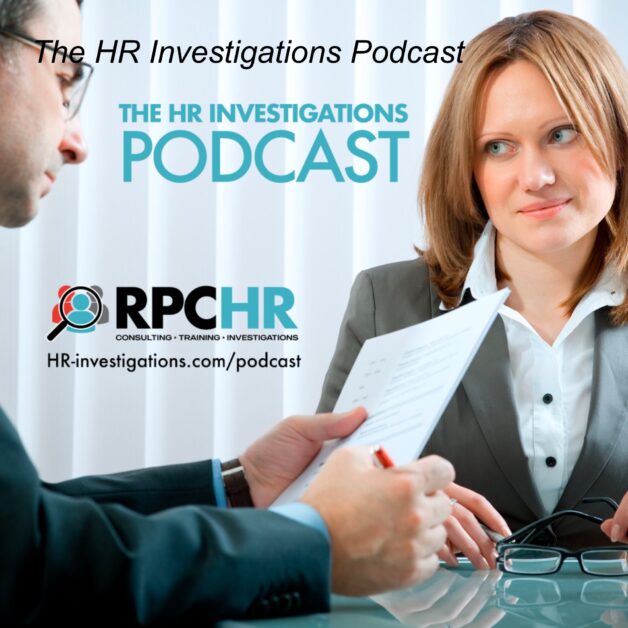Employee Experience. Is there any bigger buzzword today in the world of employee relations? And, apparently, there is a vast need to improve employee experience. You need new systems, programs, meetings, and perhaps to hire someone that can coordinate it all.
But, isn’t that just a fancy word for asking, “Do you like your job?”
We can talk about the experience, and it makes it sound like we need to run amusement parks for your employees. We don’t. Having snacks, a gaming room, and the ever-popular napping pods can make things fun and exciting and may help with recruiting. However, if your managers don’t know how to manage, your vacation policies prevent people from actually using their time off, and you retaliate against people who use FMLA, all the free Cheetos in the world won’t fix that employee experience.
HR Acuity recently conducted an Employee Experience Survey to talk about some of the more serious aspects of this aspect of HR. They wanted to know what happens when workers witness or experience harassment, discrimination or other illegal or unethical behavior. I’ll be talking about that more in my next post. Today, let’s look at employee experience strategy more broadly.
What Do Employees Want?
Pay.
Sure, that’s not the only thing, but it’s the most important thing. You may want to point out that I’m wrong about this and surveys consistently show that employees value other perks at a higher level than salary, but that’s a lie. How do I know? Say to your workers, “We’re going to implement great healthcare benefits, ping pong tables, work-from-home opportunities and flexible scheduling, but we’re going to cut your pay by 50 percent.” What would happen?
Removing the ping pong table or cutting benefits wouldn’t have the same level of dramatic effect as cutting salary. But, for a positive employee experience to be possible, employees need to be paid the market rate. Trying to save a few bucks by offering low-ball salaries will result in miserable employees.
Trust.
Your employees probably don’t trust you. Well, not you specifically, but the company.
46% place “a great deal of trust” while 15 percent have “little” or “no” trust in the company. What made these employees lack trust in their employees? Well, researchers reported at Harvard Business Review that these were the top five reasons:
- Employee compensation is not fair.
- The employer does not provide employees with equal opportunities for pay and promotion.
- There’s a lack of strong senior leadership.
- There is too much employee turnover—voluntary and/or involuntary.
- The employer does not foster a collaborative work environment.
Doesn’t that sound like a guide for the essential aspects of the employee experience? Employees want a company they can trust. Human resources (and especially employee relations) strongly influences all of these—including strong leadership. How are you training and coaching your executive team?
How Do Employers See Employee Experience?
I’m afraid that we focus too much on the perks and programs when what employees want is a pleasant work environment with fair pay. So while we debate over which holiday gift will be the best one, the managers in operations are micromanaging and nit-picking. The best employee branded sweatshirt won’t make up for that.
There’s a good reason for this disconnect: It’s easy to order sweatshirts, and it’s hard to foster a collaborative work environment. It takes a constant concerted effort to train, develop, retrain, monitor, correct, and ensure that the environment is collaborative. It means listening to employees, listening to managers, figuring out the truth that’s in the middle, and coaching everyone to change when needed.
If we focus on a surface-level employee experience strategy rather than working to build a trusting and supportive environment, our employees won’t trust us.
So, when we think about the employee experience, remember that the most important things are the most difficult. But, return on investment will be far better if we can build trusting environments.
Stay tuned for more insights on HR Acuity’s recent survey regarding this topic—coming soon!




